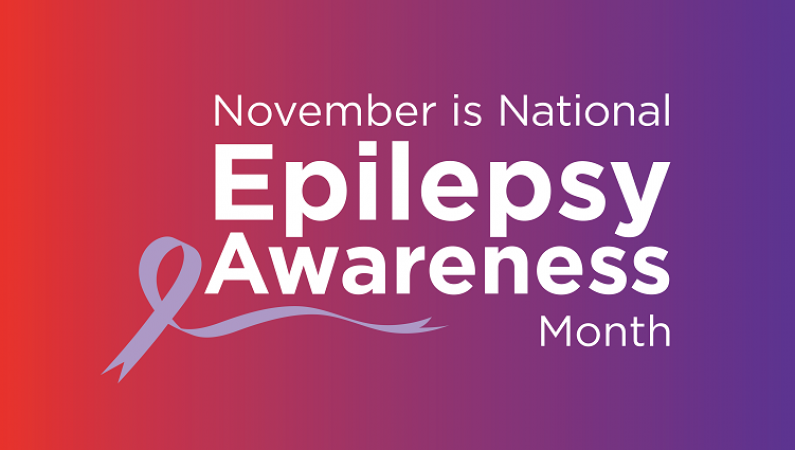
Epilepsy, a neurological disorder characterized by recurrent seizures, affects millions of individuals worldwide. Every year, on November 17th, National Epilepsy Day is observed to raise awareness about this condition, dispel myths, and educate communities on recognizing, treating, and supporting those living with epilepsy. As we mark this important day in 2023, it is crucial to understand the triggers, identify causes, and effectively manage this condition.
Dr. Maria Rodriguez, a leading neurologist specializing in epilepsy at the forefront of research and patient care, sheds light on the critical aspects of epilepsy:
Understanding Epilepsy Triggers
Epileptic seizures can be triggered by various factors, and while triggers vary among individuals, some common factors include:
Stress: Emotional stress, anxiety, or exhaustion can lower the seizure threshold, making individuals more susceptible to experiencing seizures.
Sleep Deprivation: Irregular sleep patterns, lack of sleep, or disrupted sleep can trigger seizures in people with epilepsy.
Flashing Lights: Some individuals are photosensitive, meaning certain visual stimuli like flashing lights or patterns can induce seizures.
Alcohol and Drugs: Excessive alcohol consumption or certain drugs can provoke seizures in susceptible individuals.
Dr. Rodriguez emphasizes that identifying personal triggers is crucial for managing epilepsy effectively. Keeping a seizure diary can help recognize patterns and triggers, enabling individuals to take preventive measures.
Importance of Identifying and Managing Causes
Epilepsy can stem from various causes, and understanding these factors is essential for effective management. Causes include:
Genetics: Some forms of epilepsy have a genetic basis, with a family history of the condition increasing the likelihood of developing it.
Brain Injury or Trauma: Head injuries, strokes, tumors, or infections affecting the brain can lead to epilepsy.
Developmental Disorders: Conditions like autism or neurodevelopmental disorders may be associated with epilepsy.
Infections: Certain infections, such as meningitis or encephalitis, can cause epilepsy.
Early identification of the underlying cause can significantly impact treatment decisions and prognosis. Advanced diagnostic tools like EEG (electroencephalogram) and brain imaging help in determining the cause and guiding personalized treatment plans.
Managing Epilepsy Effectively
Medication Adherence: Strict adherence to prescribed anti-seizure medications is vital in controlling seizures.
Lifestyle Modifications: Maintaining regular sleep patterns, managing stress through relaxation techniques, and avoiding triggers are essential.
Medical Follow-ups: Regular visits to healthcare providers for monitoring and adjusting treatment plans as needed.
Support Networks: Building a strong support system comprising family, friends, and support groups can significantly improve the quality of life for individuals with epilepsy.
On National Epilepsy Day 2023, Dr. Rodriguez encourages everyone to educate themselves about epilepsy, challenge misconceptions, and support individuals living with this condition. By fostering understanding and empathy, we can create an inclusive environment that empowers those affected by epilepsy to lead fulfilling lives.
National Epilepsy Day serves as a reminder to prioritize epilepsy awareness, promote research initiatives, and ensure access to adequate resources and support for individuals living with epilepsy. Let us work together to create a world where epilepsy is well-understood, and those affected receive the care and support they deserve.
National Epilepsy Day 2023: Here's How to Raise Awareness, Understanding